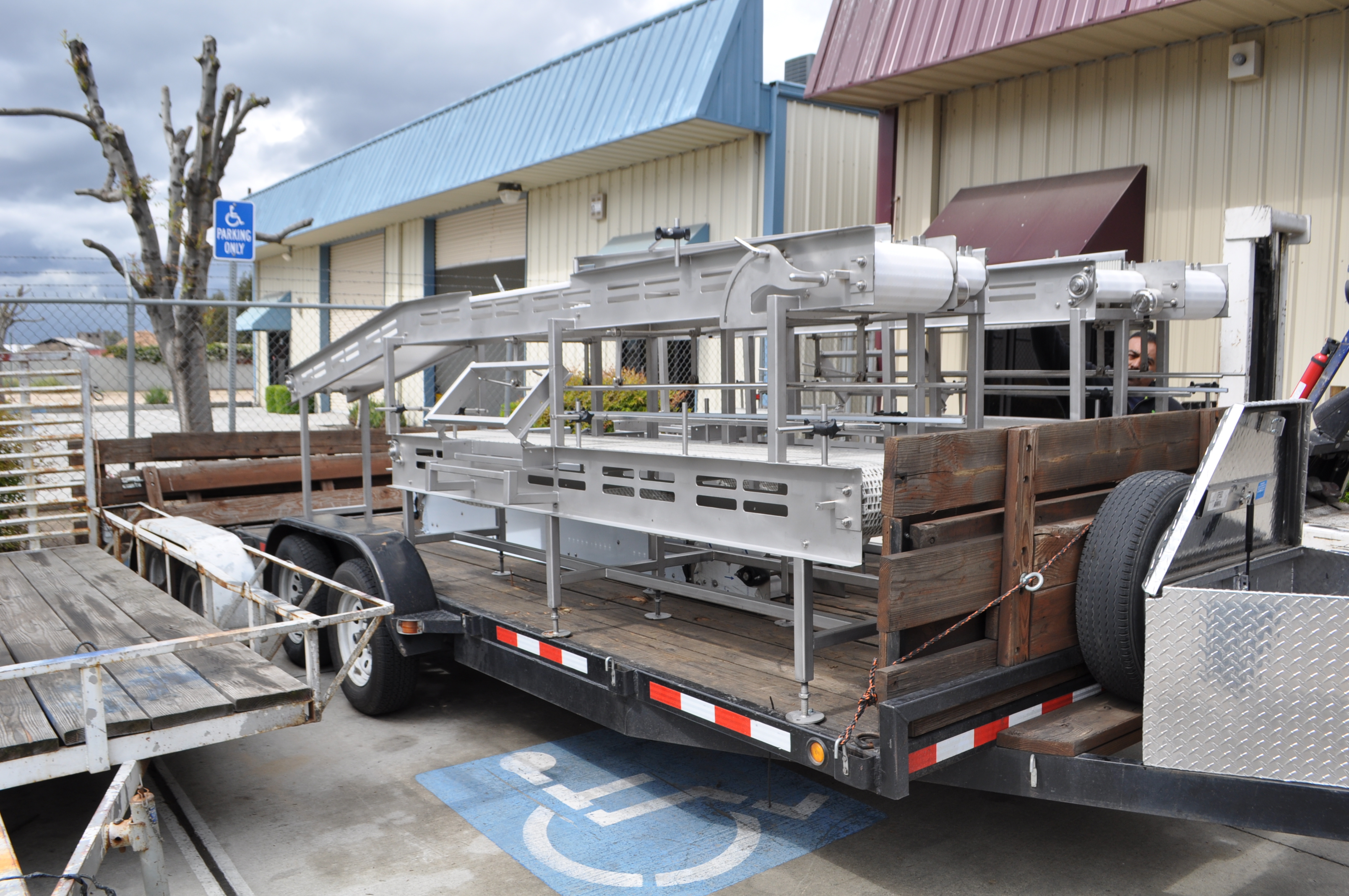 What to Look for in Product Conveyors for Your Business
What to Look for in Product Conveyors for Your Business
You rely on product conveyors to move your inventory from Point A to Point B. Isn’t it better for everyone if the conveyors do this with ease, and in a customizable way? After all, your business needs are always changing, so why shouldn’t your conveyors be able to keep up with those changes? With a good system of product conveyors in your factory or warehouse, you should have very little reason to ever replace them. They will already be equipped to easily adjust to whatever you need when your vendor brings them to your door.
As an example, you might need product conveyors for moving single objects, or objects in bulk. You want to make sure your conveyors can move whatever quantity you are moving with ease. Using a conveyor meant for bulk conveyance is best, as it is already able to move large amounts of items, so if you ever need it for single items, you won’t have to change anything, except maybe the speed at which it moves. Bulk product conveyors can also take a lot of weight without it slowing them down, so your business will always be moving at peak efficiency.
You may also want or need a conveyor that can move products into a hopper feeder to be lowered or lifted onto another conveyor or slid onto another part of your production line. The best product conveyors can do this with ease. They come adaptable to hopper extension attachments. These are ideal for multi-level factories or warehouses, as well as for bakeries that need bulk items moved into ovens and packaging, and export facilities that need to move packaged items onto transport trucks or other means of transport away from the facility. Look for fabricators who can accommodate you if you require hopper attachments for your conveyors.
The actual conveyor surface should be able to be customized to accommodate the type of material you are moving on it. For example, conveyor belts that move food need to be food-safe, and they must be heat or cold-resistant if they are going through ovens or freezers. Conveyors that move metals need to be scratch-resistant. If you are moving delicate objects, such as glass or china, the surface must be soft to avoid breakage or cracking. Make sure your fabricator can work with you to customize the surface of your product conveyor belts to meet your unique business needs.
Finally, make sure you use a conveyor system with a durable exterior. Stainless steel is usually best, as it is resistant to corrosion and breakage. The last thing you want is for your conveyor supports to break and have everything come tumbling to the floor. Try to choose product conveyors with a simple design and construction, using as few moving parts as possible. These will not break down nearly as often as more complicated structures, thus saving you money on maintenance and repairs. Use the best conveyors on the market, and your productivity and profitability will soar.